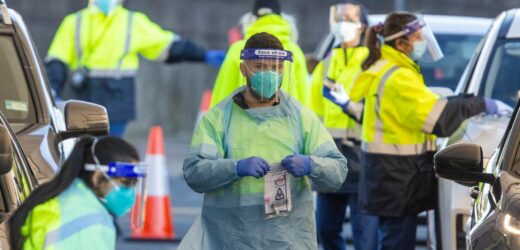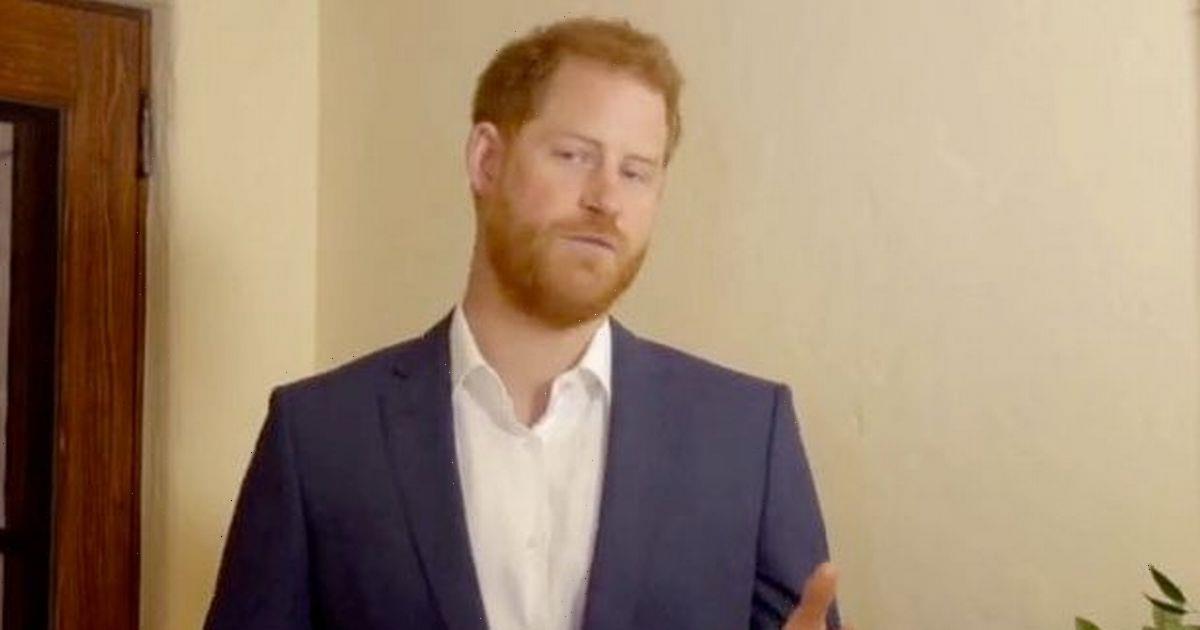Australia’s growing Covid-19 crisis has plunged three capital cities into lockdown, with fears the country may still be at risk of a larger outbreak.
NSW’s Greater Sydney area, the Northern Territory’s Greater Darwin region and Western Australia’s Perth and Peel regions are now all in lockdown due to multiple coronavirus outbreaks. A raft of restrictions are also in place across South Australia and Queensland, with the latter “on the verge” of a lockdown according to the state’s premier.
Sydney’s outbreak rose to 130 cases on Monday after 18 new infections were recorded. Residents in Greater Sydney, the Blue Mountains, the Central Coast, Wollongong and Shellharbour are currently under strict stay-at-home orders, with just a handful of reasons to leave home in place until at least 11.59pm on July 9.
The Northern Territory’s outbreak, linked to a Fly-in fly-out worker at the Newmont Tanami gold mine, rose to seven on Monday after one new case was recorded. Five cases are in the NT and two are located interstate. The rise in cases and new exposure sites prompted NT Chief Minister Michael Gunner to extend the Greater Darwin lockdown for a further 72 hours until 1pm on July 2.
The Perth and Peel regions of Western Australia were also plunged into lockdown overnight after two new Covid-19 cases were discovered, bringing the total number of infections there to three. The lockdown will be in place until at least 12.01am on July 3.
A raft of restrictions are also in place across Queensland and South Australia. Queensland recorded two new cases on Monday, with Premier Annastacia Palaszczuk revealing the state was “on the verge” of a lockdown after it was discovered a Covid-positive miner linked to the NT outbreak had been infectious in the community with the Deltra strain of the virus.
There are concerns the situation across the country could escalate even further, with head of the Kirby Institute’s Biosecurity Research Programme, Professor Raina MacIntyre, warning there was still the risk of a larger outbreak.
“If by the end of this week we see [a trend] where numbers are coming down, it may be enough, but if they’re not, then it may not be,” she told the ABC.
Vaccines now mandatory for some groups
Australia has now mandated Covid vaccinations for aged care workers under new pandemic directives agreed to at government crisis talks on Monday evening. All aged care workers will be required have their first jab by mid-September.
The government also agreed to mandating vaccination and testing of all quarantine workers, including those in transport, and their household contacts.
Australian Prime Minister Scott Morrison said the decision to mandate vaccination was not taken lightly.
“Imposing on a person the requirement to have a vaccine or not be able to work in a particular sector is something that no government would do lightly,” he said.
“We have been considering this matter for some time now based on the best possible medical advice. This is a serious situation we’re confronting and as always we’re doing it together.”
There will be also be bans on accommodating international quarantine arrivals – including highly infectious and high-risk people – next to lower-risk domestic arrivals.
Morrison revealed the government would introduce a new indemnity scheme for GPs to enable them to administer the AstraZeneca vaccine to any adult who wants it, regardless of their age.
Australian health authorities have said the AstraZeneca vaccine is preferred for those over the age of 60, but the advice does not preclude persons under 60 from getting the vaccine.
NZ to decide on resuming the transtasman bubble
The Government meets today to decide on moving Wellington out of alert level 2 and on resuming the transtasman bubble.
Cabinet is also considering pre-departure tests for those returning from Australia and single-state access as a means to potentially reopen quarantine-free travel from across the ditch.
Prime Minister Jacinda Ardern said yesterday that Cabinet was being cautious about reopening the bubble and would need to see that Australian states had effective border control measures in place.
Decision-making on travel bubbles was based on our low vaccination levels and always aimed at avoiding local lockdowns, Ardern said.
The reliance on travellers to declare their movements in Australia meant that nuance had to be sacrificed in order to secure the border.
Source: Read Full Article

/cloudfront-ap-southeast-2.images.arcpublishing.com/nzme/HEWQM72VM3OQV2SKLYLB6HDO54.jpg)
/cloudfront-ap-southeast-2.images.arcpublishing.com/nzme/U5PLRXX6AKOA7WMK72H2FTM2MA.jpg)

